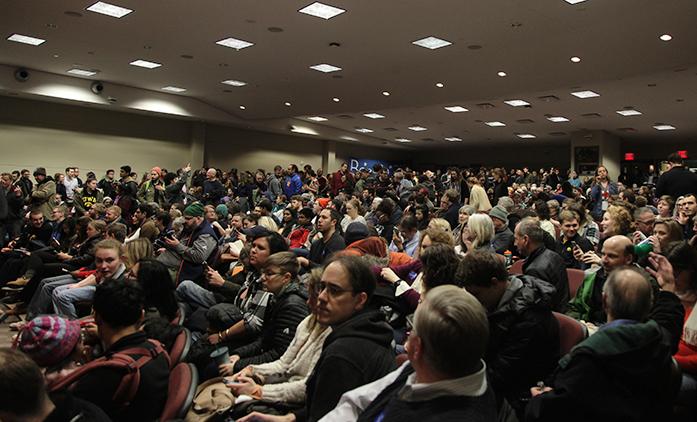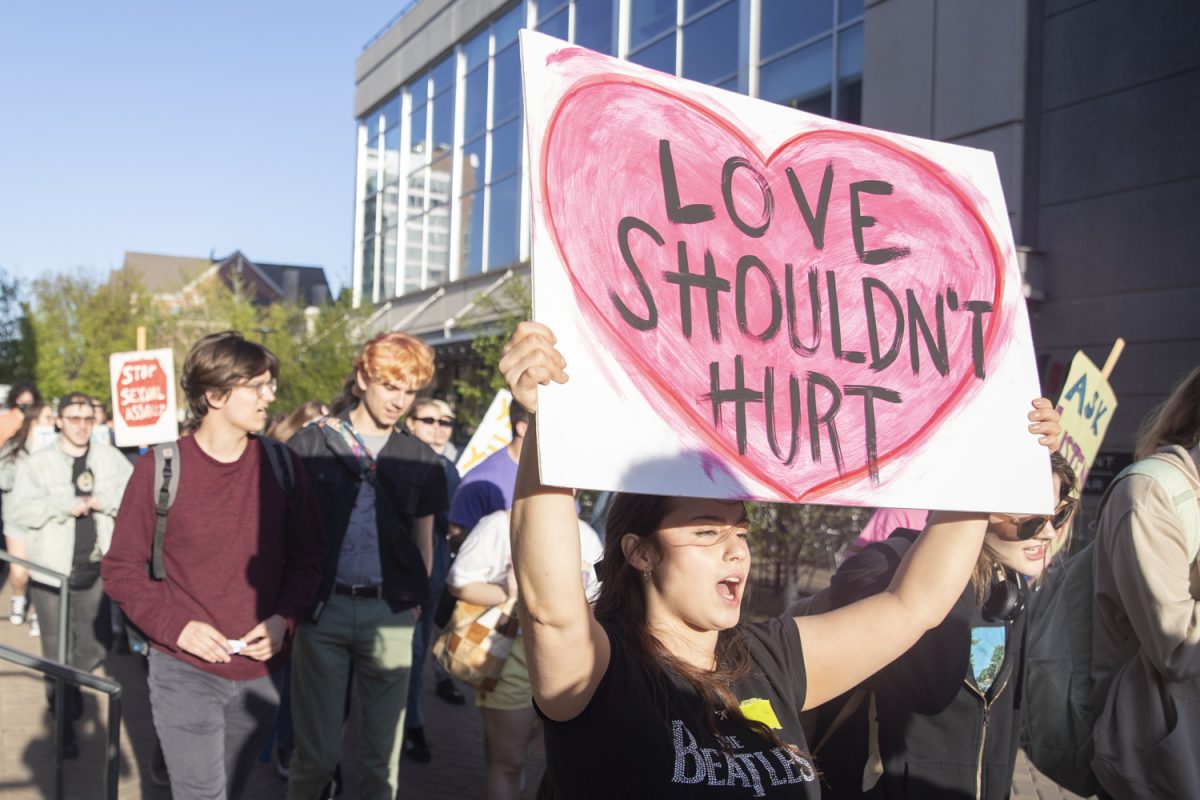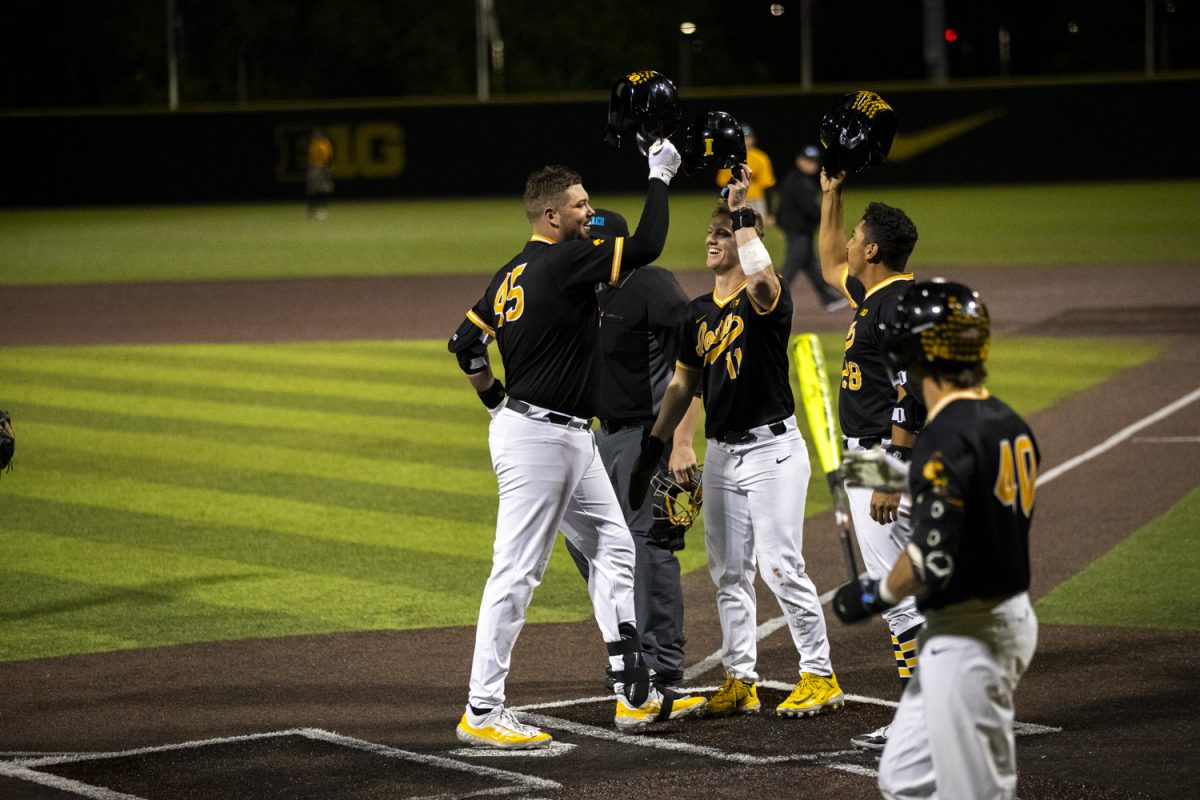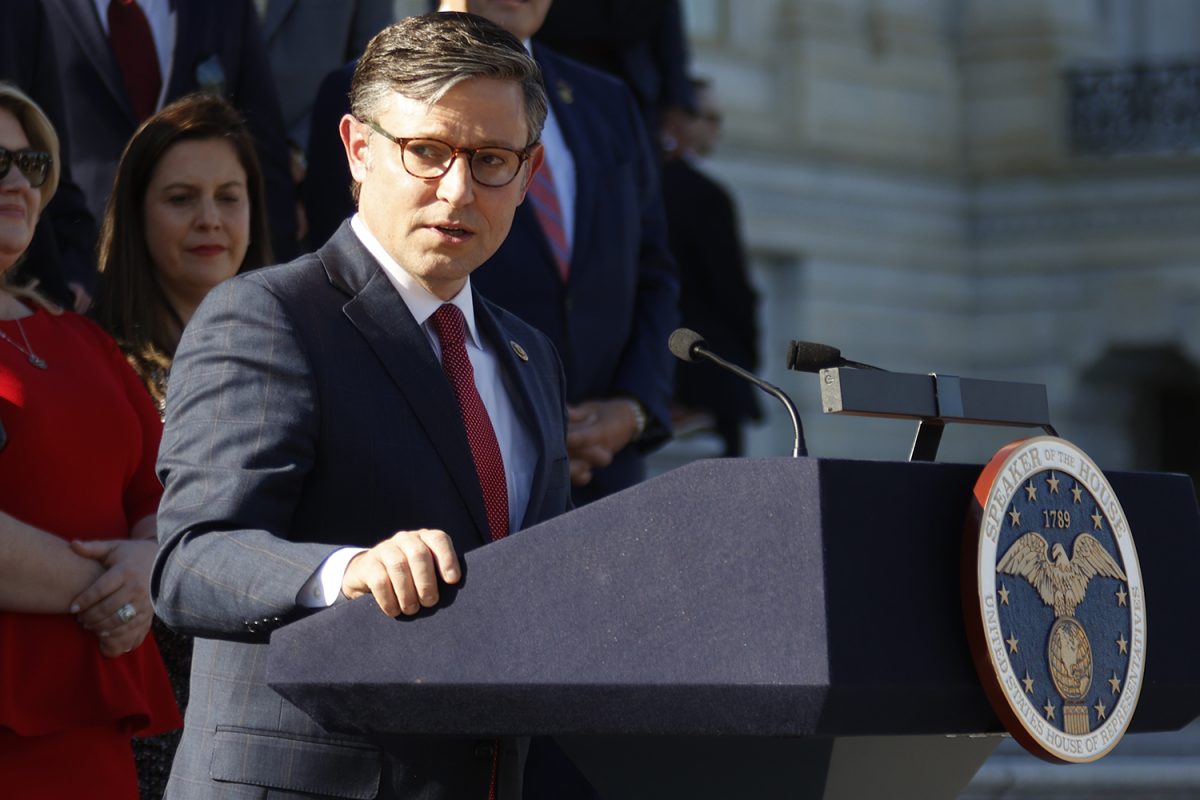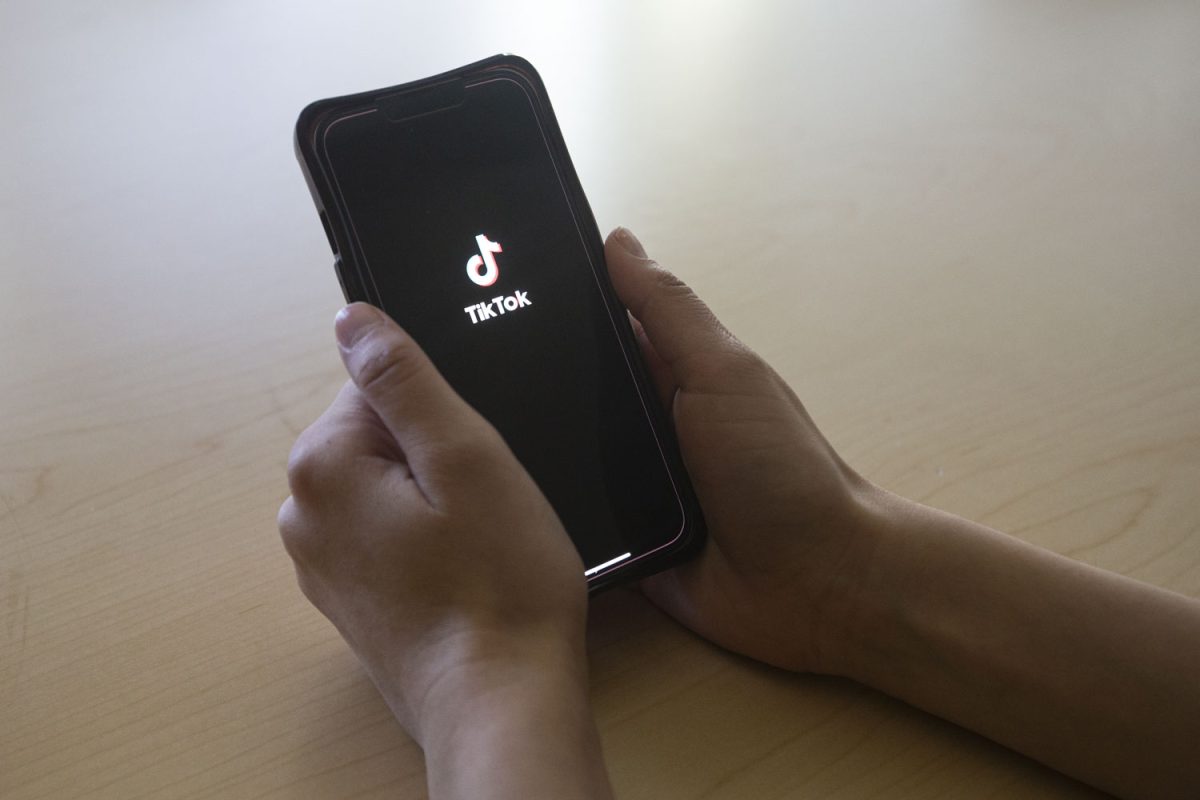Historically close caucus produces a few headaches as Sanders campaign requests to verify results.
By Brent Griffiths
[email protected]
Long lines, long waits, and yes, a few coin flips all occurred on Monday night as Hillary Clinton finally secured a victory in the Iowa caucuses.
The 2016 Iowa Democratic caucuses were closest in party history, and with reports online of problems at some caucuses, Vermont Sen. Bernie Sanders’s campaign is not ready to move entirely away from what happened.
“We want to able to have every result from every precinct verified,” said Rania Beatrice, a spokeswoman for Sanders’s campaign, who stressed that the results were very, very close. “It is only fair to Iowans to make sure the numbers are accurate.”
As previously reported by The Daily Iowan the campaign and the state party dispute what occurred, but they agreed that they were hunting for results into the wee hours of the morning. While Beatrice and Sanders’ advisers have said they are not questioning the integrity of the process, they have stated that volunteers may not have been trained in how the process works.
On the Democratic side, this can get a little complicated.
“The reality is that elections are run by humans and caucuses are run by volunteers,” said David Redlawsk, a one-time Iowa Democratic caucus-attendee himself who co-wrote a book on the entire process. “Sometimes, it is amazing that it goes as well as it does.”
[youtube id=”9T6YPpE_o9Y” mode=”normal”]
Staffers for Sanders, who is a self-described democratic-socialist, have also called on the state Democratic Party to release the paper forms filled out after the caucuses ended at each precinct along with raw vote totals for each of the candidates.
In an interview on Radio Iowa, state Democratic Chairwoman Andy McGuire said the party would not release such data. The Democratic caucuses, she said, are not a straw poll.
Beginning late Monday evening, aides for Clinton, a former secretary of State, declared her the winner outright in a close contest.
When asked about this difference, Beatrice would only say the campaign is trying to work with the party. Representatives of the Democratic Party did not respond before press time.
Given the historically thin margins, journalists have asked the campaign point blank if they want a recount. A fairly straightforward question, until one considers that by design a caucus could not be further from a typical election.
In the caucuses, volunteers, who in many cases have assistance from the campaigns, are trained and tasked with writing down the results. These average Iowans on the Democratic side lead the counting of people present, as if they were a teacher in a classroom. Once the caucuses are over, it is their responsibility to report the results, which this year could be done via a phone app.
Compare that to a legal election that involves elected officials overseeing the process, verifying the results and if necessary ordering a recount.
Longtime caucus-attendees and experts say they are not really sure what could be recounted beyond crosschecking the results to the paper forms.
“It’s not something I think is recountable,” said John Deeth, a local Democratic blogger and activist who was responsible for caucus logistics in Johnson County.
Deeth, who stayed publically neutral until he was forced by caucus rules to choose Clinton, estimates that the county saw its highest turnout ever, partially explaining why many people faced long delays before they could register to vote or sign in and then again as the process unfolded.
Deeth noted that many sites ran out of registration forms required for first-time attendees, but that by rule, they were allowed to participate. He conceded that some people were turned away if they showed up late, but he had not heard complaints about the fairness of the process.
Statewide turnout was around 171,000, the second highest in Democratic caucus history, although far short of 2008 levels.
“It’s hard to process 15,000 to 18,000 or 20,000 people in under a couple of hours,” Deeth said.




